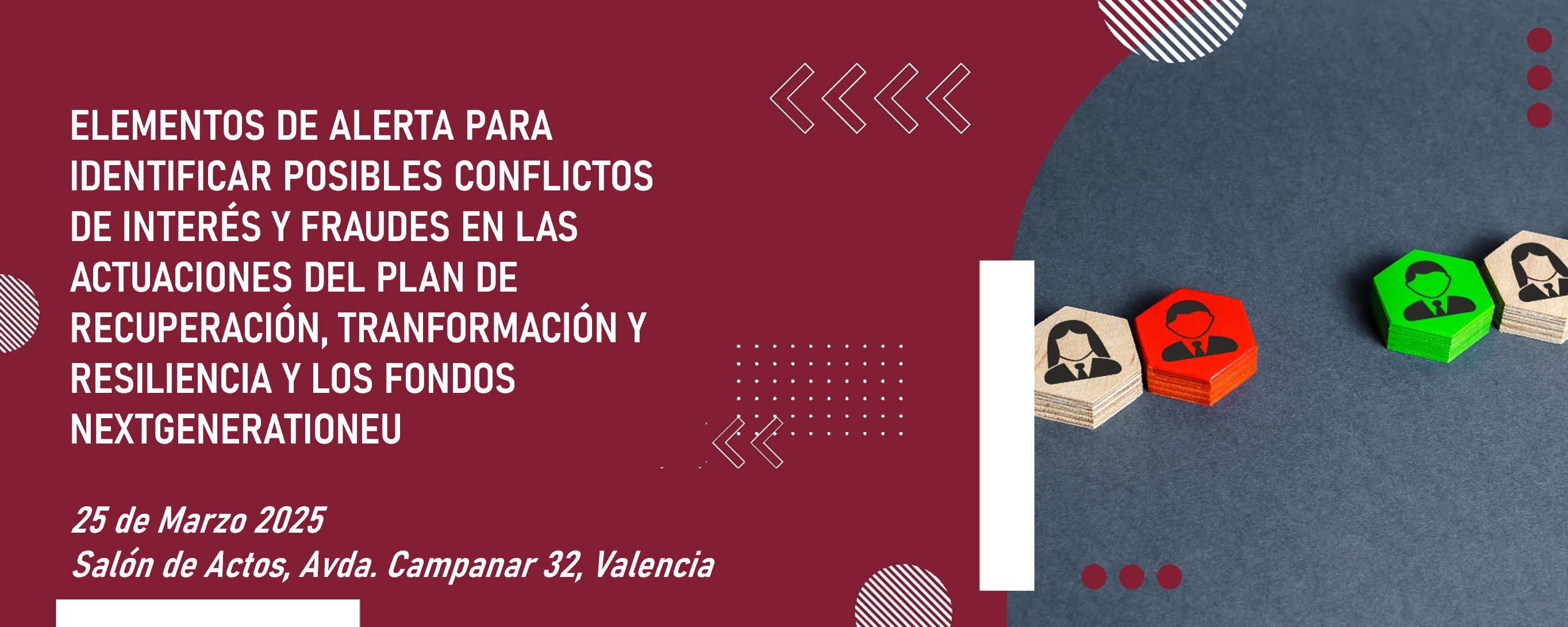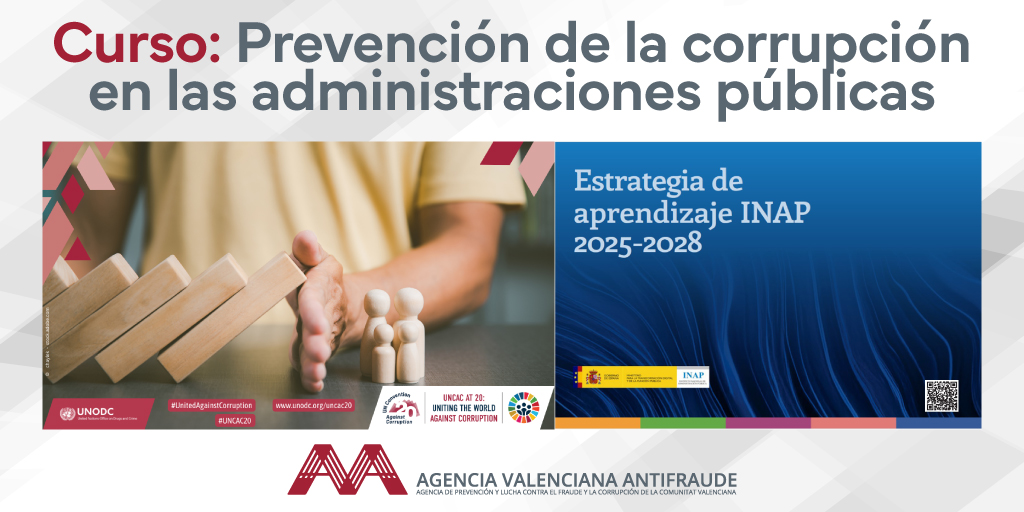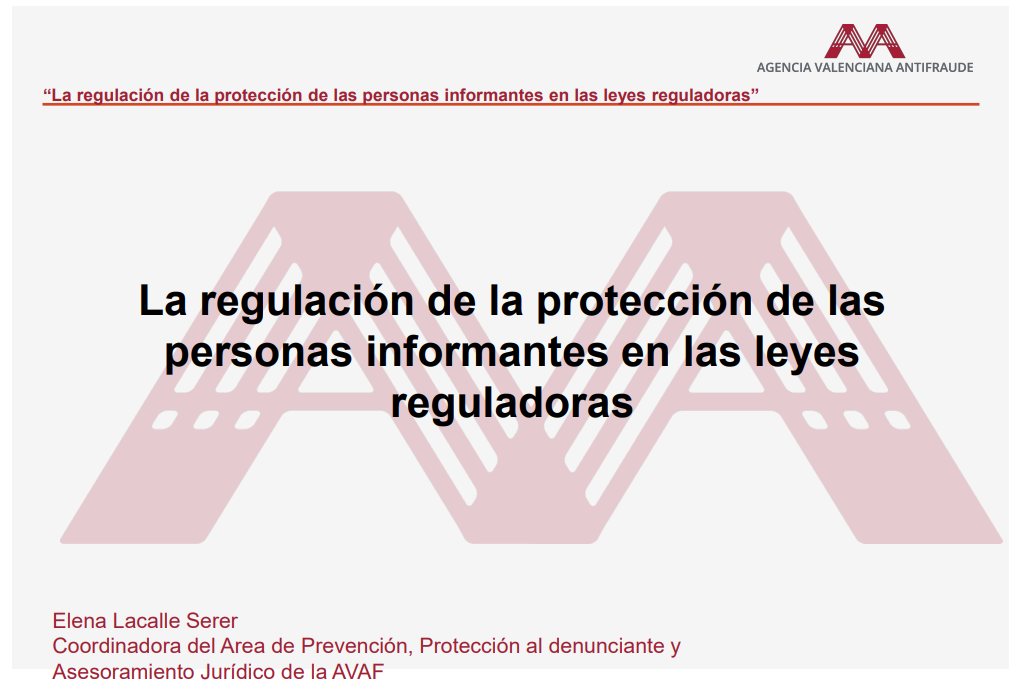València, 25 march 2025. – The collaboration between the Directorate of Management Programs of European Funds MRR and the Coordination Service of European Funds of the Ministry of Education, Culture, Universities and Employment and the Valencian Anti-Fraud Agency (AVAF) continues.
63 people (35 women and 28 men) participated in a new training day aimed at disseminating the Ministry’s anti-fraud measures plan and analysing the ex ante conflict of interest with “MINERVA”.
The interventions were given by Ivano Magazzu from the Directorate of MRR/PRTR programs of the Ministry and Ana María Serrano Montero, head of the FFEE Coordination Service of the Ministry.
Anselm Bodoque, acting coordinator of the AVAF Training Area, participated in the training action as a representative of the institution.
With this new training, the Directorates of Next Generation Funds Programmes and the AVAF collaborate in the promotion of integrity in the management of European funds
If you would like specialized training in public integrity and corruption prevention in your administration, please do not hesitate to write to formación@antifraucv.es




